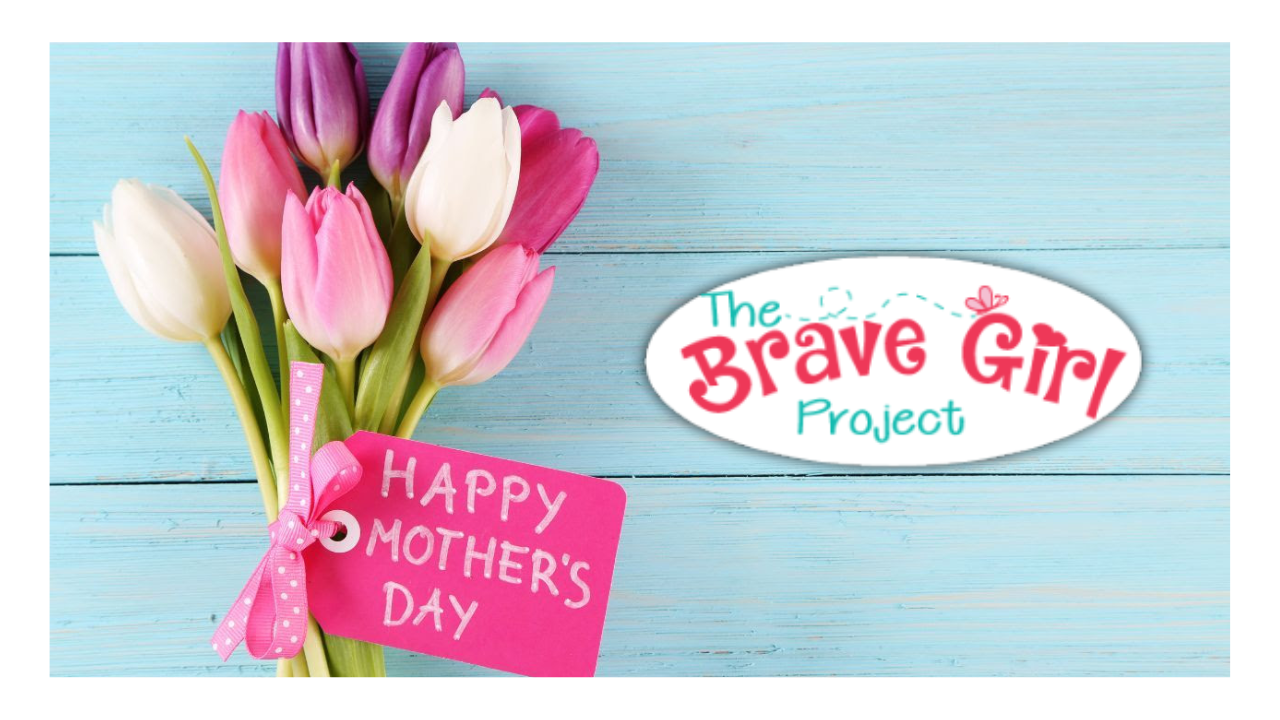The Brave Girl Project Blog
Helping tween and teen girls—and their parents—navigate friendship challenges and build confidence. Find the tools and resources you need to support your daughter and empower her to live bravely.
As I prepare to watch my son graduate from high school (wait - how did the time go by so quickly!) and step into a new chapter of his life, I’ve been reflecting on the evolving relationship between parents and teens.
Recently, I listened to Lisa Damour’s latest podcast episode, "How to Stay Connec...
Happy Mother's Day
As we head into Mother’s Day weekend, I want to take a moment to honor you—the moms, stepmoms, grandmothers, aunties, mentors, big sisters, teachers, coaches, and role models who show up every day for the girls in your lives.
Your steady support, thoughtful guidance, and uncondi...
Recently, I shared a post about the grief that comes with unmet expectations—especially around milestones like the end of the school year—and the response reminded me just how many girls (and their parents) are quietly carrying that same weight.
As the school year winds down, there’s a quiet pressu...
This past weekend, I traveled with my son to visit Louisiana State University, and I left with more than just information about dorms and majors—I walked away with some really important reminders that apply to all of us, especially our girls.
The biggest message I heard again and again:

It’s eas...
Whether you’ve been here a while or you’re one of my new friends, I thought it’d be fun to reintroduce myself and share a little about how The Brave Girl Project got started.
I’m Laura Hayes—a licensed school counselor, life coach, and the founder of The Brave Girl Project. But more importantly, I’...
Have you ever watched your daughter hesitate before saying “yes” to a birthday party, school dance, or group hangout—not because she’s shy, but because she knows someone will be there who makes her feel uncomfortable?
Maybe it’s a former friend who’s suddenly gone cold, a group that’s subtly pushin...
We talk a lot about red flags—the warning signs in friendships and dating relationships. But what about the green flags?
Green flags are the signs of healthy, positive, and uplifting relationships—the kind that help your daughter feel safe, valued, and supported. They help her recognize who is trul...
Forgiveness can be a tricky topic, especially for girls navigating friendships, conflicts, and emotional ups and downs. Many of us were raised with the idea that forgiveness means forgetting or letting someone back into our lives, but true forgiveness is about finding peace—without sacrificing our ...
Last week in The Brave Girl Tribe, we had a heartfelt conversation about something surprisingly overlooked—how to apologize the right way. Most of the girls shared that they had never actually been taught how to make a proper apology!
This made me think of Dr. Kirk Honda from Psychology in Seattle...
A Fresh Start for You & Your Daughter
We’re in that stretch of the school year where everything can feel like a drag. The excitement of the new year has faded, winter is lingering, and motivation? It might be slipping—for both you and your daughter.
Maybe she’s feeling overwhelmed with schoolwork...
Friendships are a huge part of a girl’s life, but not all friendships are healthy. Sometimes, a friend may not be as supportive as they seem, leaving your daughter feeling confused, hurt, or unsure of where she stands.
In my latest episode of The Brave Girl Project Podcast, I dive into the trick...
Do you ever find yourself unsure how to help your daughter navigate the ups and downs of friendships?
You’re not alone—many parents share this challenge.
In fact, parents often reach out to me expressing how difficult it can be to deal with their daughters’ friendship issues.
For some, these stru...

















